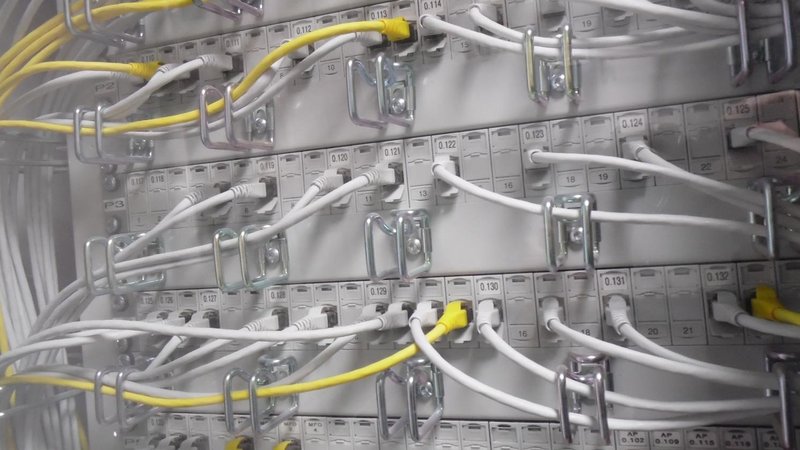Qualifications and comparability in the European education area

Since education systems and qualifications in Europe differ between the different countries the European Commission wanted to facilitate understandability and transparency between the different education systems. The Commission also promotes the development of transparency tools in vocational education and training and further education. Tools such as Europass or the European and National Qualifications Frameworks are to support European-wide mobility of learners and improve the comparability of educational offers in Europe.
As a European career management portal Europass offers free online tools to support learners, working people and jobseekers. For job applications and career planning Europass offers, for example, the Europass profile to describe your skills and abilities and the Europass editor for CVs and letters of application. All tools are available in 29 languages.
The Euroguidance Centre Austria is the interface between Austrian and European educational and career guidance and counselling and provides service for the target group of educational and career counsellors in Austria and Europe as well as individuals who want to find out about learning opportunities and the variety of information, guidance and counselling services for careers and education. Thus the centre contributes to the development of the European dimension in educational and career guidance.
In Austria the National Coordination Point is responsible for assigning these levels according to the NQF Act of 2016. General information regarding the national NQF developments as well as qualifications that have already been assigned a level is available at www.qualifikationsregister.at.